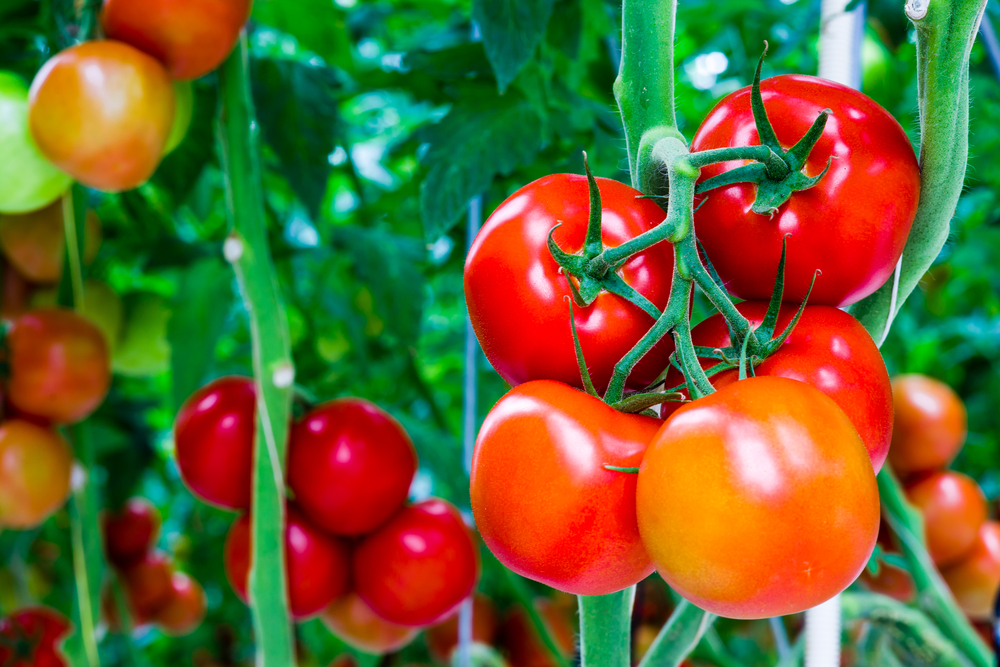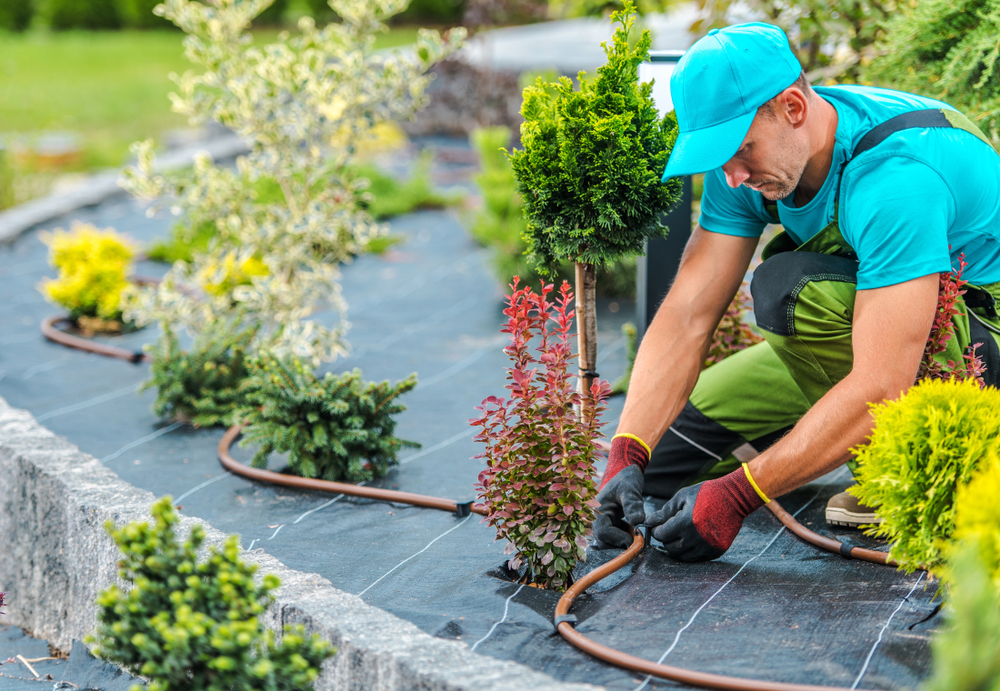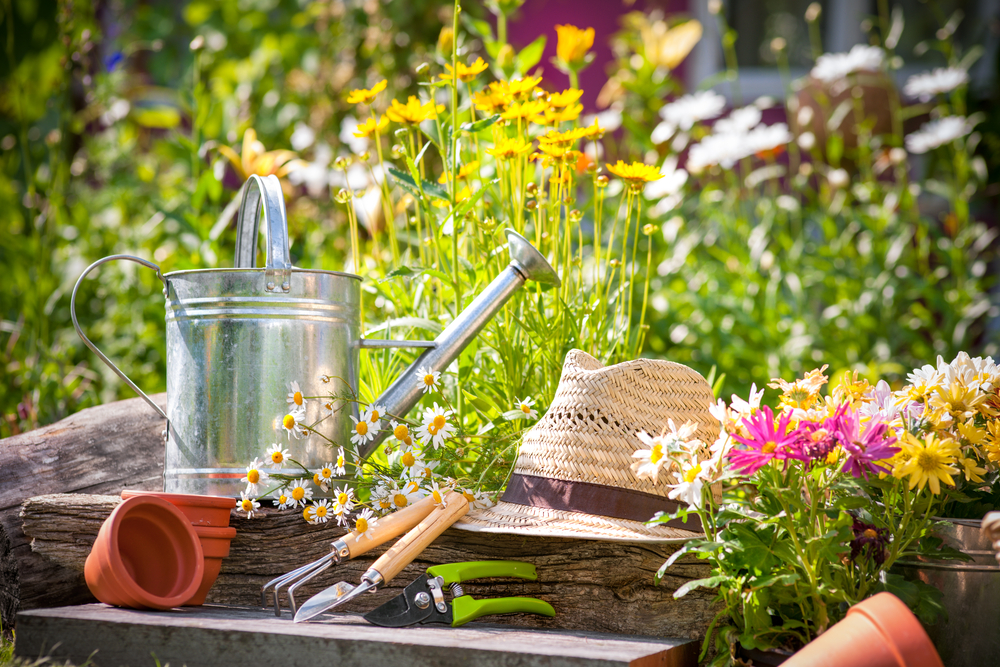July can be one of the hottest months of the year, with lots of scorching days and dry spells, so it’s very important to make sure you know how to take care of your garden.
Here are a few tips from Blue Star Gardens for July gardening.
Trees, Shrubs, and Flowers
- Keep on top of deadheading, whether it is your bedding plants or roses. Deadheading will encourage more flowers, giving you more colour through the summer.
- Pick your sweet peas regularly for cut flowers and give them a weekly high potassium feed such as tomato food, and don’t forget to water well for a long-lasting display.
- Feed hanging baskets and seasonal containers every week with a high potash fertiliser to keep them flowering and looking their best through the summer.
- Keep the cut height high on your lawn mower. This will help the grasses be more resilient to drought through the summer, and keep it looking greener.
- Keep recently planted trees, shrubs, and perennials well-watered during dry periods and the hot weather while they are getting established.
- Water early in the morning or late in the evening to reduce wastage through evaporation.
- Keep notes of plants that are working well in the garden this month, and any changes you would like to make, so you can plan next summer’s planting.

Fruit, Vegetables, and Herbs
- Keep the compost moist in which tomato plants are growing and feed according to fertiliser instructions to help avoid blossom end rot and prevent the fruit splitting.
- Lift first early potatoes once the flowers have opened on the plants. Lift one plant first to check the potatoes are the size you want – about hen’s egg size is ideal.
- Carry on with successional sowing of salad crops and spinach, for a plentiful supply of fresh leaves through the summer. Give them plenty of water at the roots during dry weather.
- Pinch out the tips of vigorous, leafy growth on citrus to keep the plants tidy and maintain an even shape.
- Pick herb foliage regularly to keep the plants producing plenty of fresh leaves. If you have too much, dry the foliage, or freeze it, for use in the winter.

Being More Water-Wise
- Before watering, feel the soil below the surface to see how much moisture is there. This will reduce over watering.
- Putting a saucer under pots will minimise water loss (but don’t leave pots standing in water for long periods of time as this can cause a range of issues, such as, roots rotting, no new growth, plant looks wilted and young leaves will turn brown).
- Focus on watering plants that need it the most.
- Direct water at the base of the root of the plants.
- Bark or gravel mulch around plants either in the soil or in pots will help minimise evaporation from the surface of the soil.
- Water your plants in the evening to make the best use of water. This leaves plant roots cool and moist right through the night.
- Consider installing irrigation, which can help with watering regularly.
- Use drought tolerant plants, such as, Cistus, Abelia, Euphorbia, Eryngium and Perovskia.

Blue Star Commercial Gardens
Interested in how we can maintain and improve your communal garden? Give our friendly team a call on 07703562081 or email us at info@bluestargardens.co.uk and we’ll be happy to have a chat with you!

